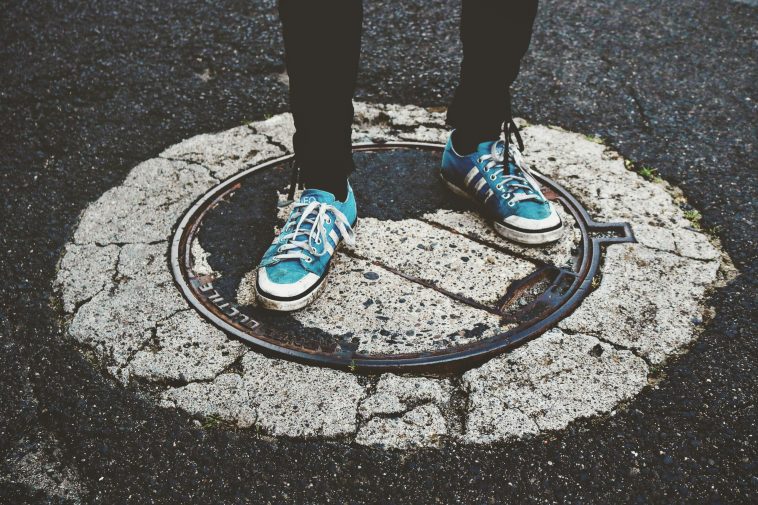
Hydration Habits of Americans
In the United States, the habit of carrying water bottles has become a widespread practice. Whether in cars, at work, in gym bags, or even in handbags and briefcases, water seems to be a constant companion. Travelers frequently bring bottled water onto trains and planes. It’s hard to recall how people managed before bottled water became so prevalent; it’s likely that we consumed much less.
Fluid Intake Recommendations
A report from the Institute of Medicine (IOM), which provides dietary guidelines for Americans, suggests that most people are adequately hydrated. Striving for eight glasses of water daily might not be necessary if you consume other fluids throughout your day.
The IOM advises women to consume about nine cups and men approximately thirteen cups of fluids daily. Remember that this includes all beverages such as coffee, tea, milk, juice, and soda as well as foods with high water content like fruits and vegetables. Water remains a great choice due to its zero-calorie content.
Listening to Your Body’s Signals
“Let thirst guide you,” says Jo Ann Hattner, R.D., a nutrition consultant based in San Francisco. “Drink when you’re thirsty and you’ll likely meet your fluid needs.” However, she notes that older adults may not have an effective thirst mechanism and might need to consciously ensure they are drinking enough liquids. Staying hydrated is particularly important if you’re physically active or in hot or dry climates.
Incorporating Hydrating Foods
Add hydrating foods into your diet by starting with whole grain cereal topped with milk and fresh fruit for breakfast. Enjoy soup or a large salad during lunch time. Include vegetables at dinner along with fruit for dessert. Hattner also suggests checking urine color as an indicator of hydration levels: “If it’s light-colored you’re doing well; if it’s dark you need more fluids.”
Caffeine’s Role in Hydration
Q: Do coffee and tea contribute to my fluid intake? I’ve heard they dehydrate because they’re caffeinated.
A: Yes! Coffee and tea do count towards your daily fluid intake despite common beliefs suggesting otherwise.
While caffeine can have a mild diuretic effect temporarily increasing urination it does not lead to overall dehydration.




